Low search volume keywords indicate low search traffic on search engines. However, there are benefits to using keywords with low search volumes. They're more relevant and you can get quality leads.
Low search volume keywords are keywords associated with low traffic.
Most SEO and marketers target high search volume keywords at the expense of low-volume keywords.
But it’s worth noting that low-volume keywords still have the potential to bring you traffic.
Having low-volume keywords in your content has zero negative impact on your SEO.
In reality, low-volume keywords are quite relevant.
They have better quality leads, return on investment (ROI), and they quickly rank above your competitors.
But what is search volume?
What is keyword search volume?
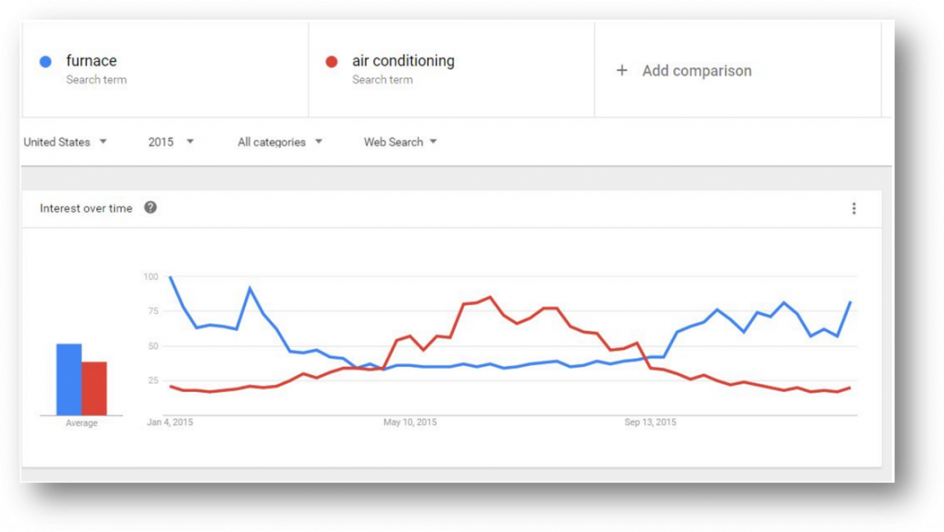
The term keyword search volume is used to refer to the number of times a particular keyword is searched for over a specific timeframe.
The measurement is used to assess the potential traffic that a particular keyword could generate to a website.
It provides marketers with a generalized idea of the competitiveness of a search term.
Why do some keywords have a low search volume?
Keywords with minimal search volume indicate low search traffic on search engines for those particular keywords.
There are varying reasons why this may be the case.
They may not fit most user searches.
They may also be too specific or obscure.
Benefits of low search volume keywords
You may ask yourself,
“Is there any reason low search volume keywords should be used in a content if they don’t provide as much traffic as high search volume keywords?”
Well, yes!
If these keywords don’t hurt your SEO or cause you to incur any extra expenses adding them to your content, it’s way better to use them.
You could use any extra traffic directed your way.
What are the benefits of using low-volume keywords?
It’s more relevant
Low search volume keywords can actually be quite relevant.
And the more relevant your keywords are, the more likely they are to convert.
These keywords could bring in more traffic and help you generate interest in a new product.
This is quite useful especially if you are just starting out.
These keywords can also be used as stand-alone keywords.
You can also pair them with other keywords to make keyword phrases with an even better chance of showing up in search engines.
Plus, users that do searches using these types of keywords are more likely to convert.
You get better quality leads
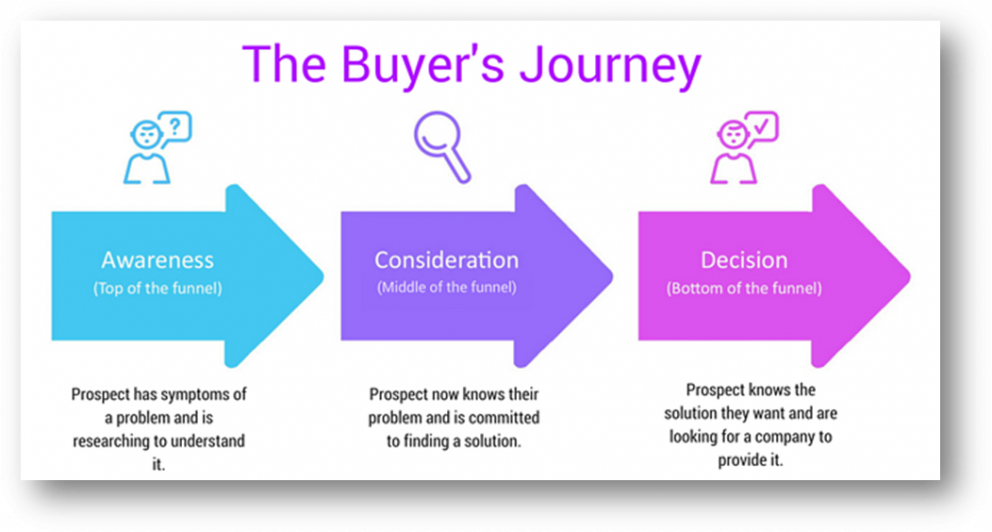
Users who search for queries that have low search volume are more likely to act on the results.
This would increase the chances of them converting.
These types of leads are often referred to as high-quality leads since they have more actionable search intent.
It gives better ROI
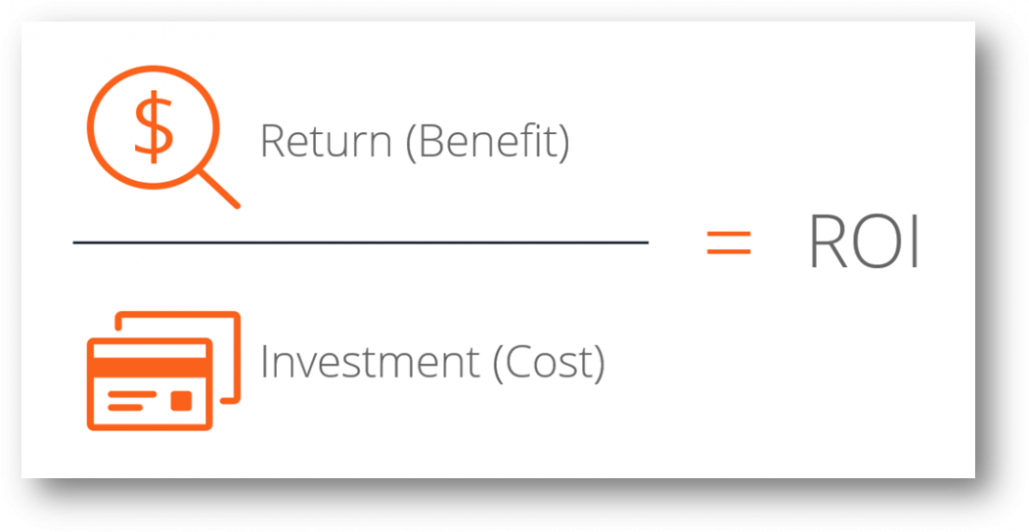
If you would like to get your return on investment, then low search volume keywords are definitely the best way to go.
Low search volume keywords provide leads that are more likely to convert.
Thus, your chances of getting a good return on investment would increase exponentially.
Using a few low search volume keywords could provide you with more traffic increasing your potential for more conversions.
Since these keywords are more relevant to potential customers, investing in them wisely could help you get more profits.
An ROI of 10% is considered good by most investors.
You can easily rank above your competitors
Keywords with minimal search volume could help you rank above your competitors.
That’s because they may not see any value in investing in such keywords.
Whenever users make search queries using such keywords, Google will display your website or ads above all other websites.
Ranking higher on search engine results pages helps you get more traffic to your website.
This also provides you with the opportunity to display your content to better quality leads that are highly likely to convert.
Tips for using low search volume keywords
1. Use keywords with low competition
Low competition keywords are those keywords that rank high but require little to no link building and little to no domain authority.
These types of keywords often have low competition because of their low search volume.
Content creators often prefer using high search volume keywords because they have a higher potential of driving in more traffic.
However, most people miss the point that keywords with high search volumes are often quite competitive.
The fact that low search volume keywords are less popular than their counterparts makes them an excellent option for content creators seeking to curve their share of traffic without worrying about competitors.
However, the question that remains is: what tool will you use to get keywords with low competition?
Well, you don’t have to worry about that!
You could use our tool, BiQ’s Keyword Intelligence.
Our keyword intelligence tool allows you to perform your keyword research by gathering essential data such as keyword volume trends, search intent, keyword competition, etc.

You could use BiQ Keyword Intelligence to check for keyword competition and find less competitive keywords that simultaneously compete favorably in other sections, such as search intent.
More about this later.
What you see above demonstrates that some keywords with low competition can translate to high keyword value.
This way, you’ll be diverting more traffic to your content with minimal competition.
However, it doesn’t stop there.
2. Target keywords that are more relevant to your niche audience
Since you’ll be dealing with low search volume keywords, you’ll need to target keywords that are most relevant to your target audience.
Performing thorough, in-depth research on your target audience will help you develop the most relevant keywords that will provide you with more traffic.
How do you achieve this?
To get these keywords, you’ll need to create your audience’s persona.
You’ll have to put yourself in their shoes and think as they would.
You could also research your competitors’ websites and get low-volume keywords through which you’ll be able to come up with more of your own.
If you want to know more about low volume and high volume keywords, click here.
You’ll also need to create content that’s specific to your target audience.
Your content should revolve around your low-volume keywords.
Remember, you’ll not be creating content meant to provide your users with information.
Instead, you’ll be creating transactional content meant to convince your leads to convert.
Therefore, you’ll need to ensure that your low-volume keywords and content remain relevant to your target audience.
Not only that, but your keywords also have to convince your leads to convert.
You could use BiQ’s Rank Intelligence to do some keyword research on your competitors’ website and get a rough idea of their keywords are ranking for.

Create a Rank Intelligence profile using your competitors’ website.
Then, create your own view using the available filters.

You will then be able to see the list of keywords your competitors are ranking for.
You’ll be able to see the search volume and SERP features for those ranking keywords.
You can also export the list of keywords in a CSV format to further sort out the data.
3. Target keywords with transactional intent
As stated earlier, search intent is a significant factor to consider when performing your keyword research.
But why is that?
The reason is quite simple.
Most keywords are rated into three significant categories: informational, navigational, or transactional.
Click here for more keyword research tips.
Performing thorough keyword research is critical since it will help you target the right audience with whatever you’ve got planned for them.
You could use BiQ’s Keyword Intelligence to find keywords with transactional intent.

Once you obtained your results, you can filter the results to view only keywords with transactional intent.
Getting such keywords is more likely to help you make more conversions.
This is because buyers who use low search volume keywords are more often decided on making purchases.
To get such keywords, you only have to do a search for your particular keywords and get data on whether its intent is transactional, informational, or navigational.
What makes our tool great is that it eliminates doubt and the need to make assumptions.
Low-volume keywords are often used by people who already made up their minds about products or services.
For instance, if your niche as a company is broad, then there are two ways people are likely to conduct searches for products on the internet.
A more considerable percentage of users are more likely to make queries using common keywords (high search volume keywords).
They’ll sift through the information and select a few brands.
They’ll again work through the brands to get their desired product or service.
The second percentage of buyers will enter a generic term or a few descriptive words for their desired product or service; clicking on the first results.
If they find satisfying information about the product or service that’s convincing enough, they are more likely to go ahead and make a purchase.
You could aim to get the first group, but you should beware of the competition and invest some of your time in getting more traffic from the second group.
Use transactional low search volume keywords in your content, and you’ll find yourself getting even more traffic than you anticipated.
4. Combine two keywords with low volume
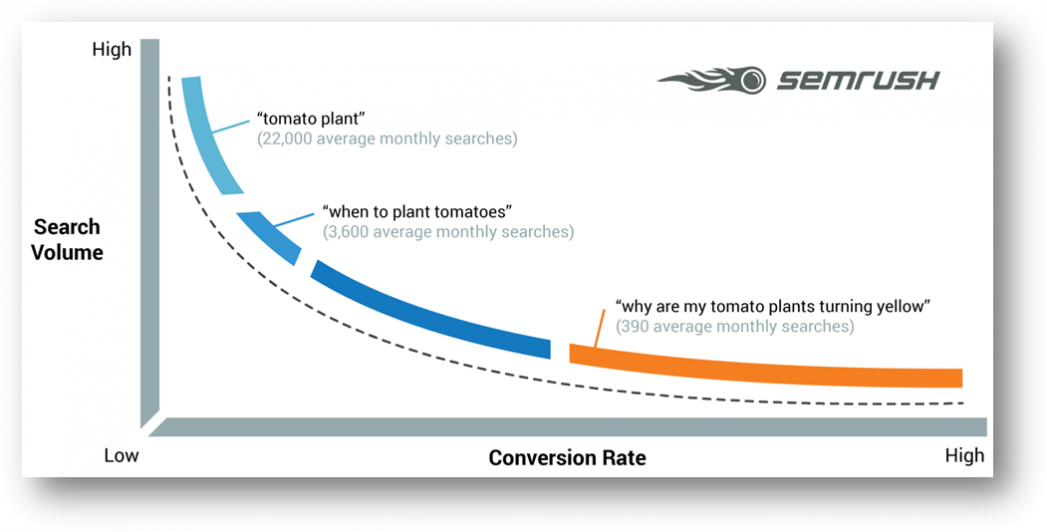
Combining two keywords with low search volumes could potentially drive more traffic to your website.
Google’s search engine algorithm works in two ways.
When a user performs a search query that involves two or more words, Google links the words as they are with any available documents.
Next, Google’s algorithm splits them up and does individual searches on information relating to each and either of the two search terms.
The two search terms used in the query each have their search volumes, even if they may be low.
Combining these two search volumes increases your chances of getting more traffic to your website.
However, you have to ensure that the combined keywords are relevant to each other, your content, and your audience.
You could use BiQ’s Keyword Intelligence to determine relevant keywords and their potential total search volumes.
You could then combine those keywords to develop other keywords that have an even more significant search volume.

Combining two keywords gives you a higher potential keyword search volume with transactional intent.
When you combine “keyword volume” and “volume checker”, a total search volume of over 20 million.
Divide this by the 3% of transactional intent, and you get 601,848 potential search volume with transactional intent.
5. Use broad match keywords when in PPC
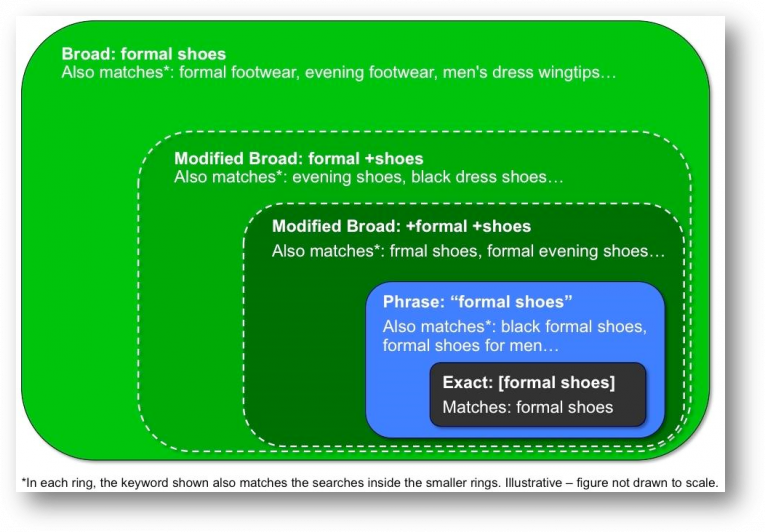
Broad match keywords are keywords used by search engines to figure out the search terms that your ads are eligible to match with.
Broad match allows your ads to match the broadest possible keyword search ranges as long as they are related to your keyword.
You could choose to use a broad match or exact keyword match for your pay-per-click campaigns.
The difference between these two is that the exact match shows your ad whenever a user types in a search, and the meaning exactly matches your keyword.
Broad match keywords are better than exact match keywords in PPC campaigns since they help broadcast your brand in front of a wider audience.
You could also use this strategy to get even more keywords to use in your campaign.
Review your search query reports, and you’ll find keywords that may have triggered your ads.
You could add these keywords to your campaigns to get even more traffic.
6. Prime the pump
All said and done; if you want to get more traffic and get more conversions, you’ll have to invest your time, money, and energy.
You’ll need to conduct thorough research into obtaining the right keywords that are most relevant to your target audience.
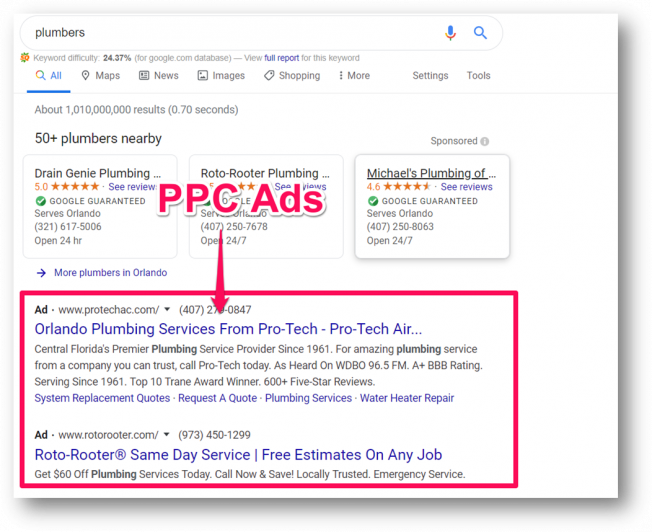
If you’re running PPC campaigns, you’ll need to invest some resources into the campaigns to ensure that they run as smoothly as possible.
You may also need to invest in some reliable keyword research and content creation tools to help you develop the most relevant keywords.
Wrapping it up
If you want to get the most relevant keywords with low search volume, you have to ensure that you’ve done thorough keyword research.
Your keyword research will need to be based on three crucial factors: your location, target audience, and niche.
Getting right with these three essential factors ensures that you get more traffic, conversions, and better ROI.
However, be sure to use long-tail keywords when creating content for your websites as well.




